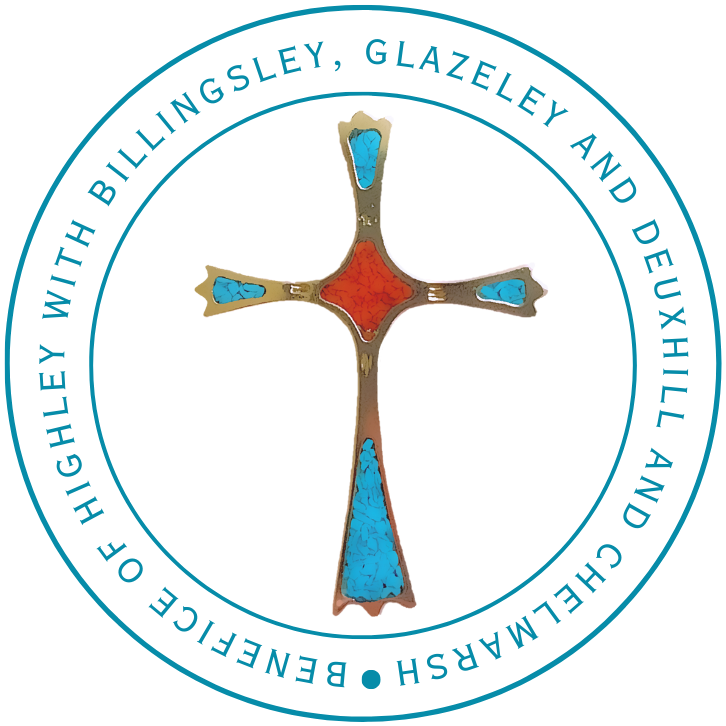Ozzy Osbourne of Black Sabbath is dead; the Black Country mourns… Regular readers of this column will be aware that my musical tastes veer towards Anglican plainsong not heavy metal and I have no idea what Ozzy and Black Sabbath actually sounded like. However, I know many people do admire their music and he and the band were cultural icons. He revelled in the title “Prince of Darkness”; perhaps more than anyone else he epitomised the life of the outrageous rock star with sex and especially drugs. Perhaps his excesses shortened his life. But, at the end, I was struck by one thing. One his coffin, as it was processed through the Birmingham and the Black Country was a cross, made of flowers. The Prince of Darkness, or at least his family, chose the symbol of the King of Heaven to be closest to him at that point. In interviews, Osbourne sometimes said that he believed in God, he was brought up a Christian and I do not think he ever renounced that faith. A fascinating commentary on his faith is at Silence in the Dark: Exploring the Faith of Ozzy Osbourne | by Alan Lechusza | Jul, 2025 | Medium This argues that he had a real faith, strong enough to ask hard questions, strong enough to live with uncertainty and his own failings, to explore answers in the poetry of song. That sounds rather like my faith; perhaps I need to listen to some of his records.
Rev David Poyner

